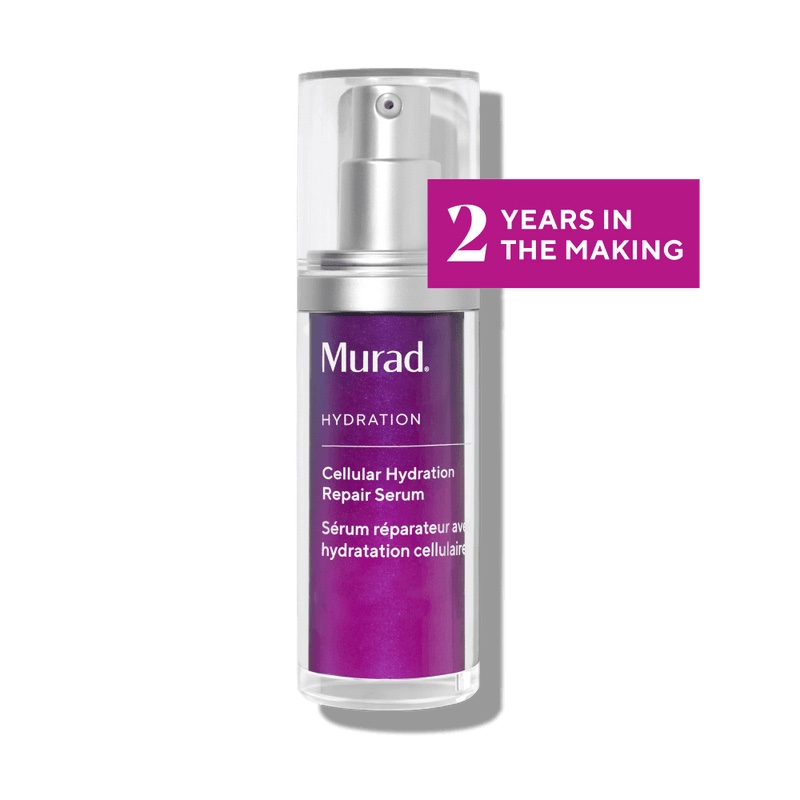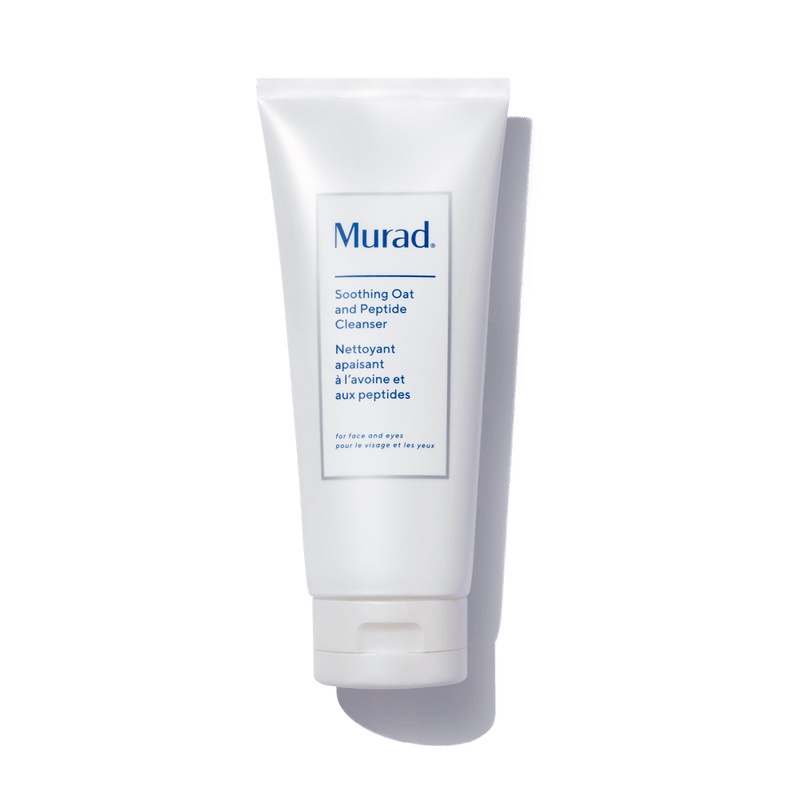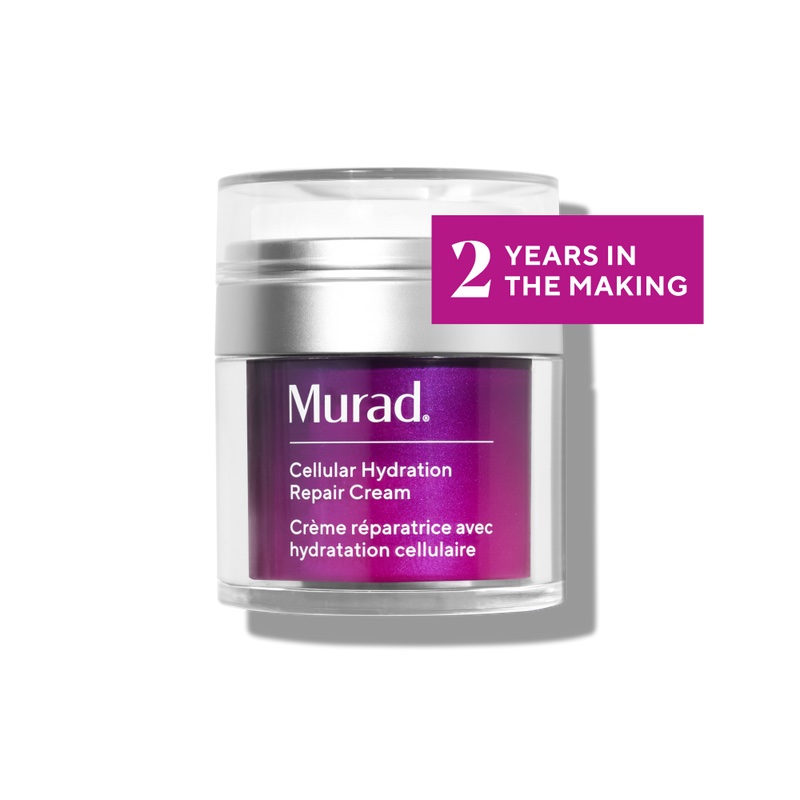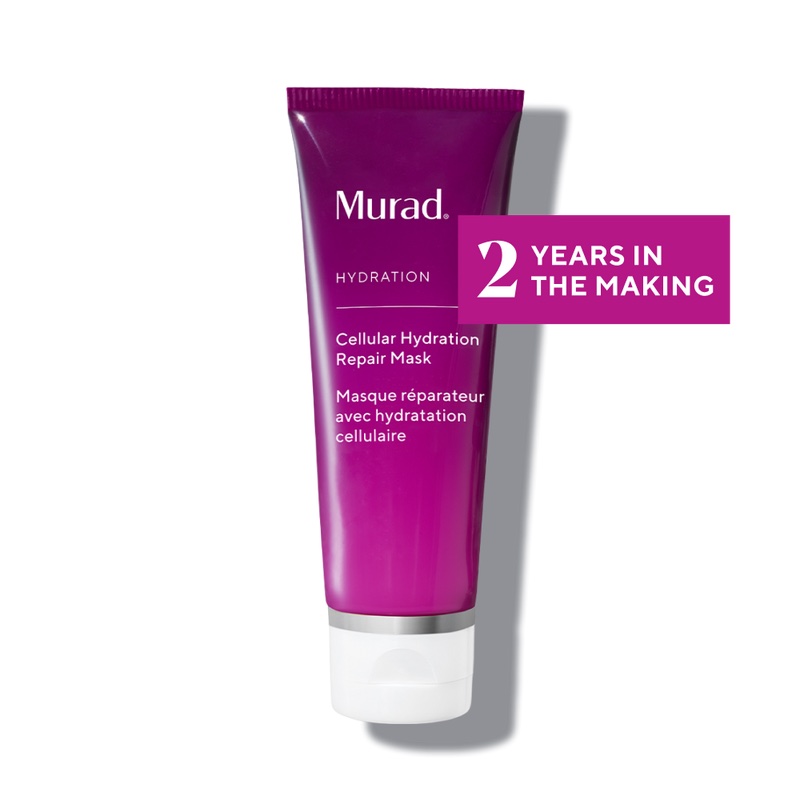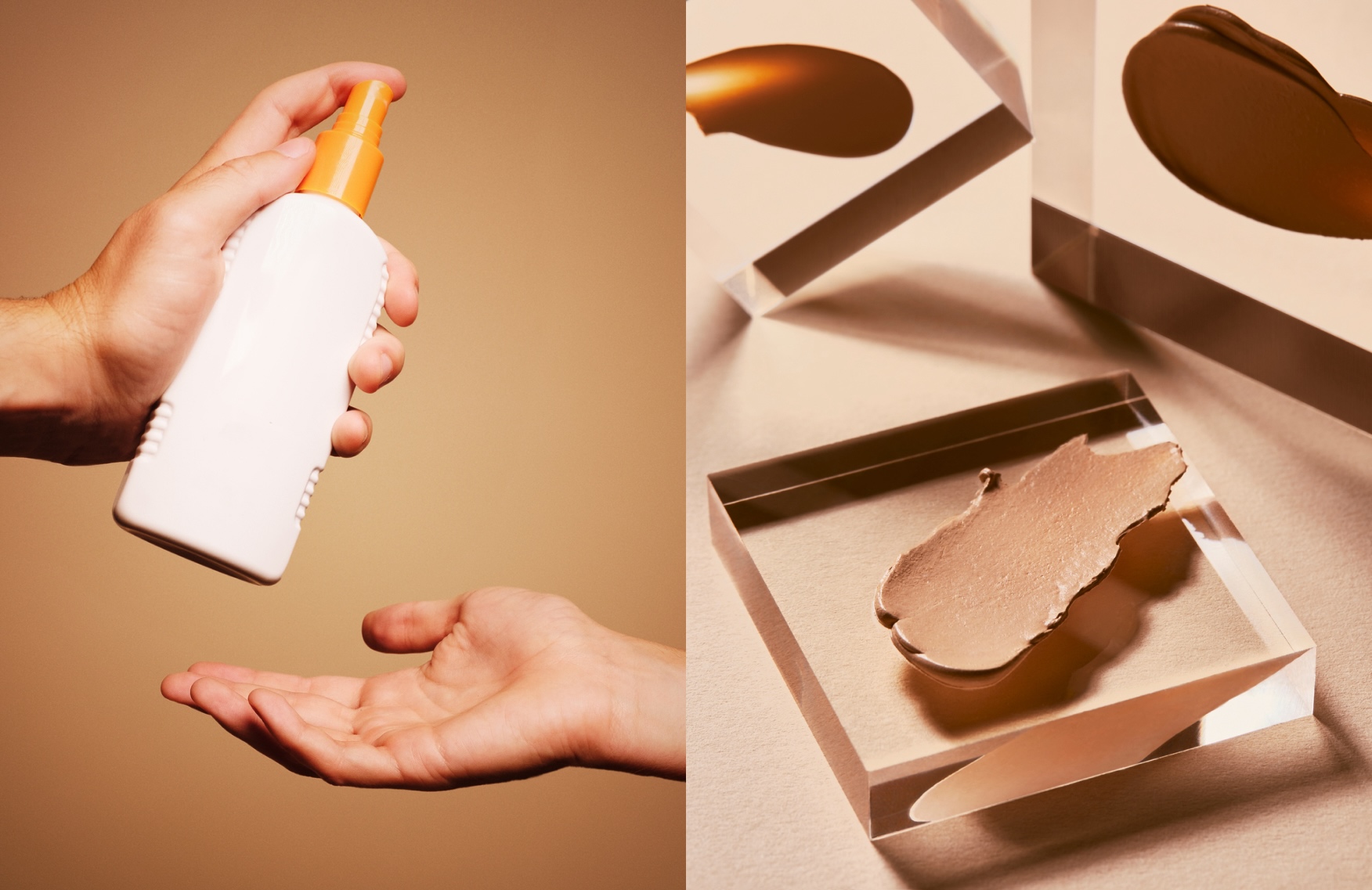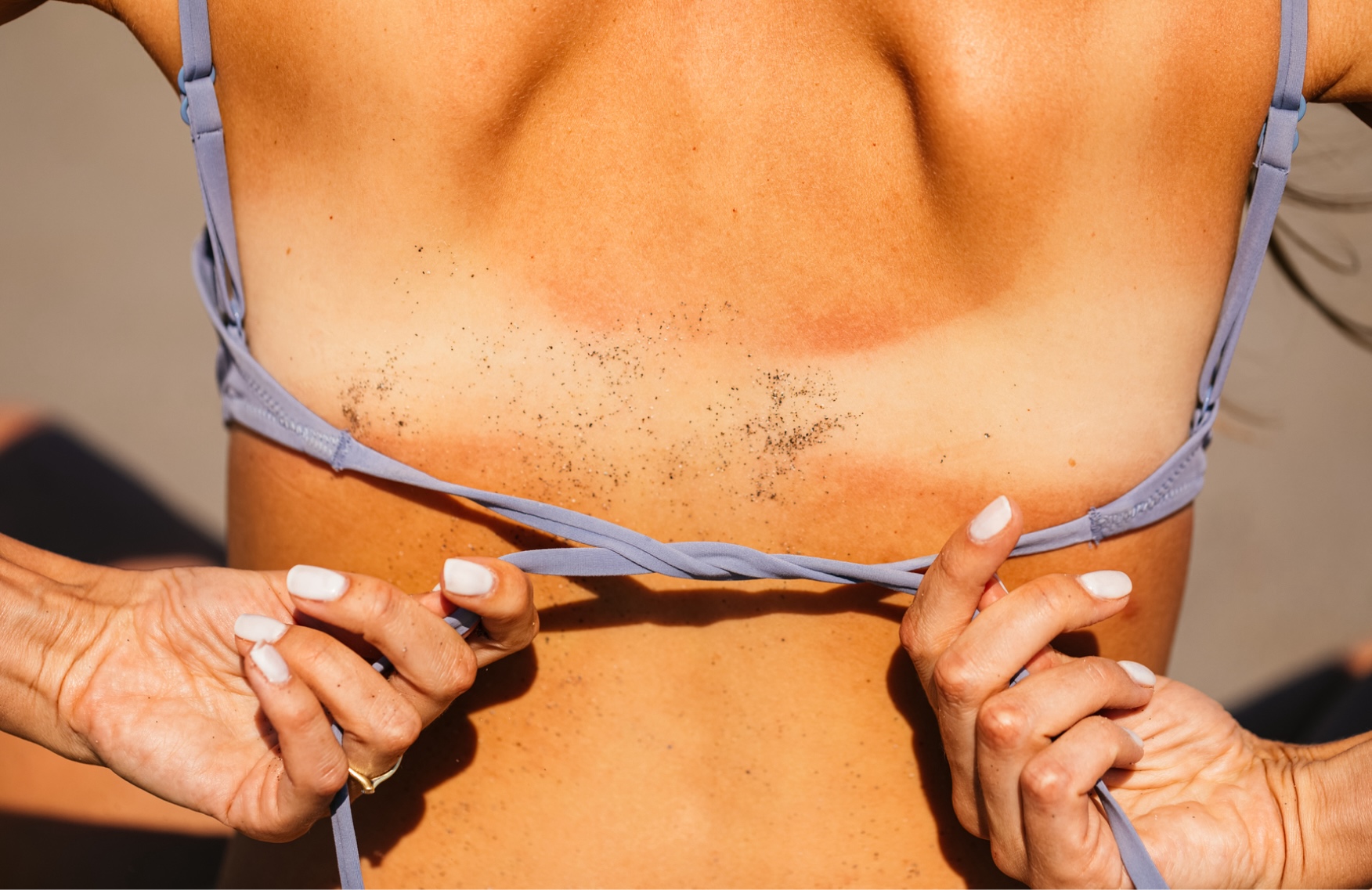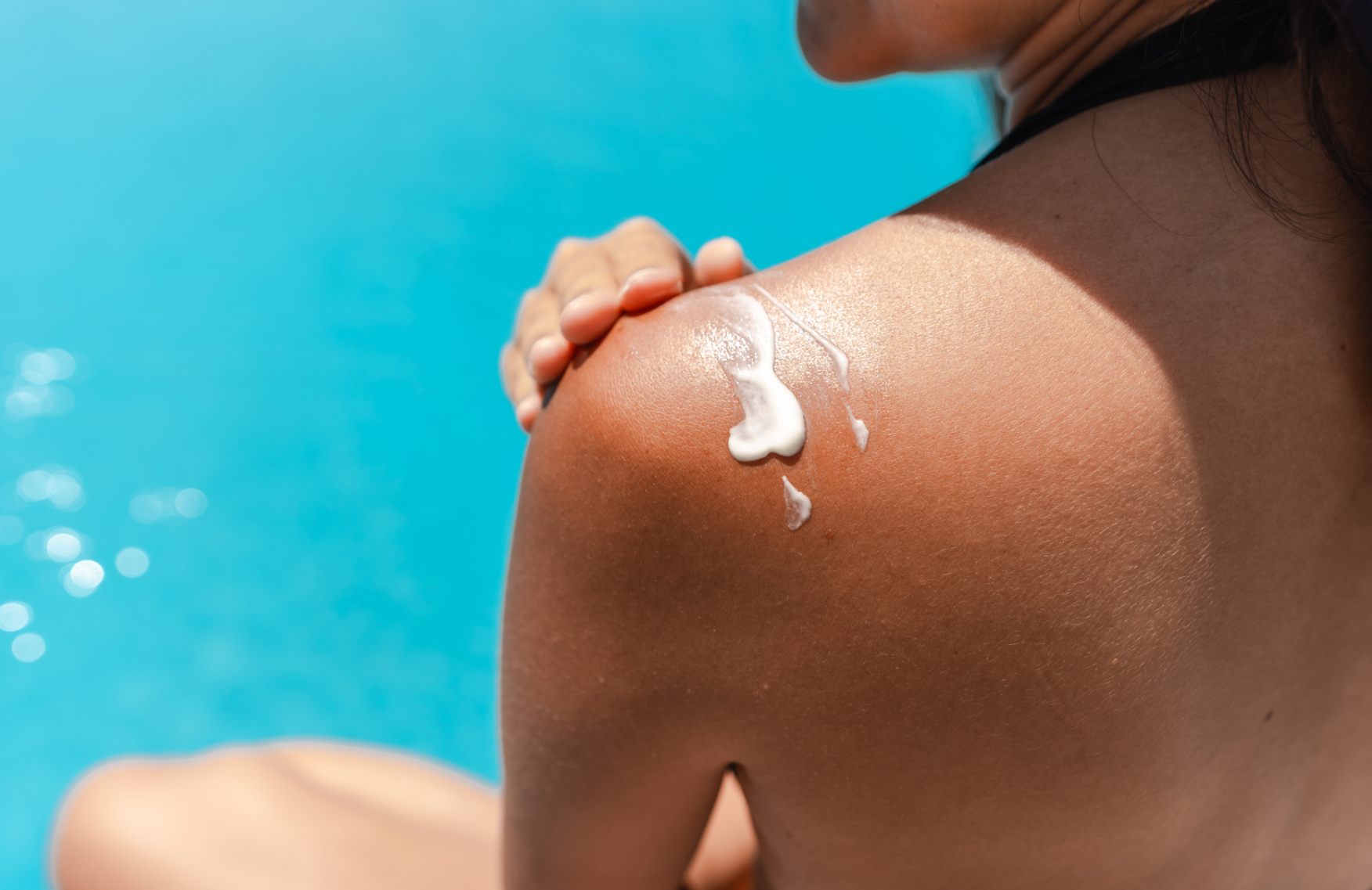Love retinoids? AHAs? Then get to know bilberry seed oil
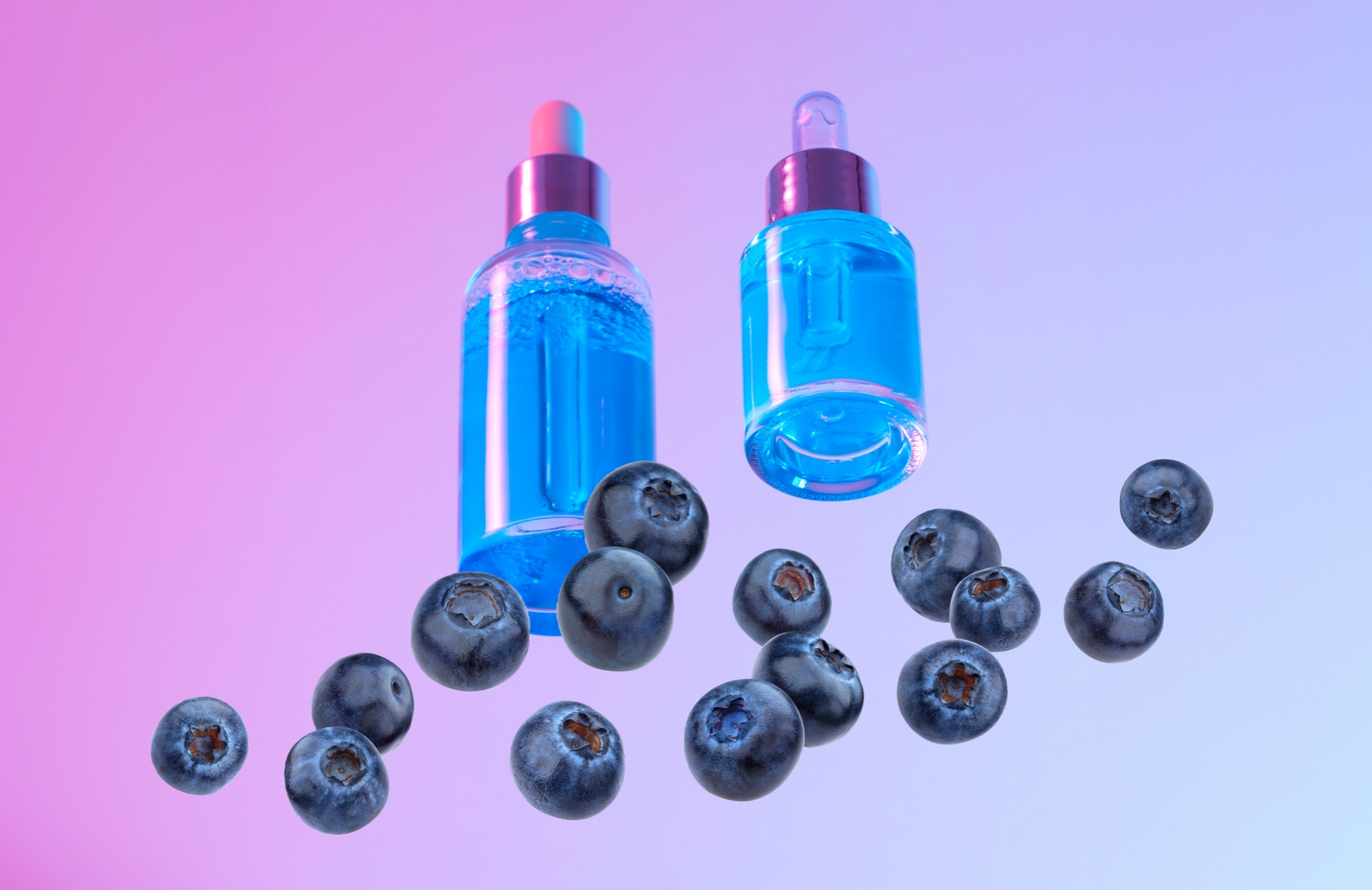
Retinoids! AHAs! BHAs! We just can’t get enough of skincare actives that renew, resurface and revitalize our skin. When used as directed, they’re safe and (mostly) problem-free. But a “more is better” approach might leave you with peeling, flaky, bumpy skin—all symptoms that point to a damaged skin barrier.
If you’ve been there, we have good news: In a landmark 2021 study, a team of dermatological researchers discovered that bilberry seed oil (not blueberry) and bilberry leaf extracts in skincare products delivered substantial hydration compared to a placebo. Here’s why that matters: Hydration, at the cellular level, is essential to skin health, from the skin barrier all the way down to the lower levels of the dermis at the cellular level.
And that’s why we’re breaking down everything you need to know about bilberry seed oil in this in-depth guide—from what bilberry seed oil is and its benefits for skin, to how it compares to other oils and how to incorporate it into your beauty routine.
What is bilberry seed oil?
A bilberry looks strikingly similar to an American blueberry—that’s because they’re only slightly different fruits. Bilberries grow from the Vaccinium myrtillus plant, while American blueberries are the product of Vaccinium corymbosum. The bilberry plant’s berries and leaves have been used in herbal remedies since the Middle Ages to soothe mouth inflammation, diarrhea, urinary issues and symptoms of scurvy.
Why is bilberry seed oil suddenly showing up in skincare?
Their current rise to prominence has just as much to do with the food industry as it does the skincare community. Since food processing leaves behind the bilberry leaves and seeds as byproducts, beauty brands have capitalized on the opportunity to turn food waste into skin-friendly formulas thanks to bilberry’s numerous key nutrients, including omega-3 and omega-6, and antioxidants including vitamin C and vitamin E.
Cellular repair
A large portion of free radical production in the skin (up to 80%) is induced by UV radiation—sunlight. Whether you’re a bona fide beach bum or you’re more of an indoor cat, some amount of UV exposure is inevitable.
To combat that natural free radical production, we need antioxidants. They’re the golden ticket to cellular repair and damage prevention because they neutralize free radicals and help stave off cellular damage. Bilberry seed oil is packed with them, making it an excellent option for people looking to boost their body’s natural defenses against oxidative stress.
Hydration
Healthy skin hydration is one of the most common goals for people using skincare products—and for good reasons. Hydration (or water content) is especially important in the outermost layer of the epidermis, called the stratum corneum, where it plays two key roles:
- Turnover: Our skin cells are constantly dying as new cells generate to take their place. While it might sound bad, this process (called “turnover”) is crucial to our skin’s vibrant, plump, and dewy appearance. Water is a key ingredient for turnover, helping cells maintain a healthy and timely life cycle
- Skin integrity: The stratum corneum is sometimes called the “skin barrier.” Since it protects against damage, dirt, radiation and other environmental hazards, the integrity of the stratum corneum is critical—and water is the building block of that structural integrity.
Since bilberry seed oil is such a strong hydrator, people looking to boost their moisture content (and promote a healthy skin barrier) might consider incorporating it into their routines.
Elasticity and firmness
Hydration isn’t just important for skin barrier function—it’s also key to maintaining skin elasticity and firmness. In the stratum corneum, water provides a strong foundation for structural integrity, partially because water allows the stratum corneum to bend and flex without breaking, which is critical for barrier function and protecting the deeper layers more effectively.
When the skin’s barrier is compromised, it can result in several signs of a damaged skin barrier, including dryness, redness, irritation, sensitivity and even a loss of elasticity and firmness. Bilberry’s excellent hydration potential makes it top option for people looking to invest in their elasticity, skin barrier and overall skin appearance.
Protection (against environmental damage)
We’ve discussed free radicals and oxidative stress. But it’s important to remember that our bodies must contend with the highly reactive, oxygenated compounds that are a natural product of our bodies’ processes and the free radicals found in our environment, like air pollution, cigarette smoke and ultraviolet light.
Bilberry seed oil is packed with antioxidants and offers substantial hydrating power for a strong, flexible and better protected skin barrier.
How does bilberry seed stack up against other skincare oils?
- Coconut oil: Coconut oil delivers some similar benefits to bilberry seed oil, like skin hydration, barrier function and wound healing processes
- Jojoba oil: Most known for its skin-softening effects, it is also rich in vitamin E, similar to bilberry seed oil
- Tea tree oil: Tea tree oil offers significant benefits for germ removal, but it’s not commonly used to boost hydration or promote antioxidant activity
- Vitamin A oil: Retinoids are a synthetic form of vitamin A—and they’re key to cell turnover. Like bilberry seed oil, vitamin A can support a healthy skin barrier.
References for this information:
Antioxidants, 2021, volume 10, issue 3
National Center for Complementary and Integrative Health Website, Health Information
Illinois College Website, The Garden Scoop
Dermatology Research and Practice, 2012
National Center for complementary and Integrative Health Website, Health Info
National Library of Medicine Website, Moisturizers
Biological Research for Nursing, 2013, volume 15, issue 3, pages 338-346
Indian Dermatology Online Journal, 2014, volume 5, issue 2, pages 210-214
Journal of Traditional and Complementary Medicine, 2019, volume 9, issue 1, pages 5-14
Mount Sinai Website, Vitamin A (Retinol)
